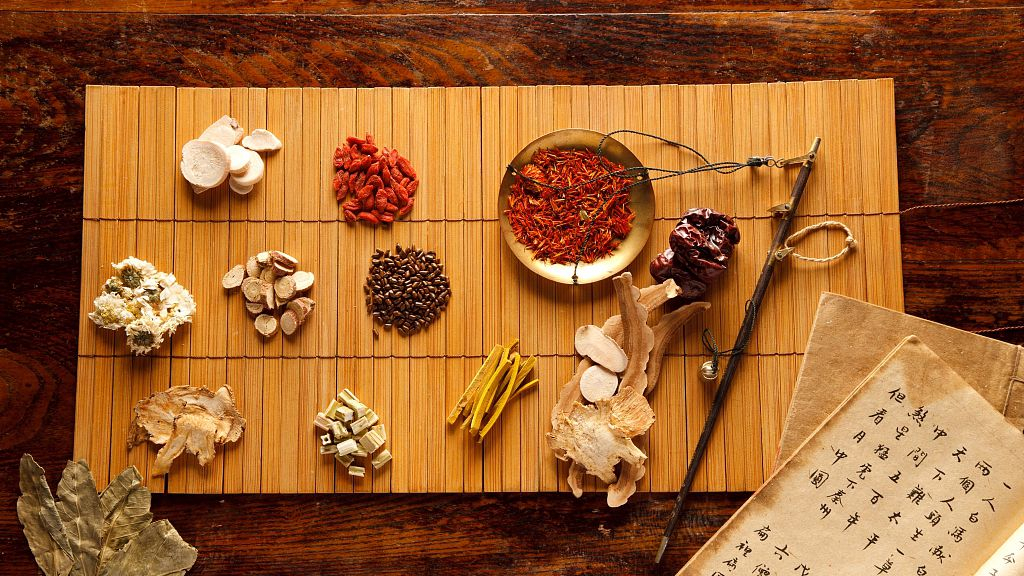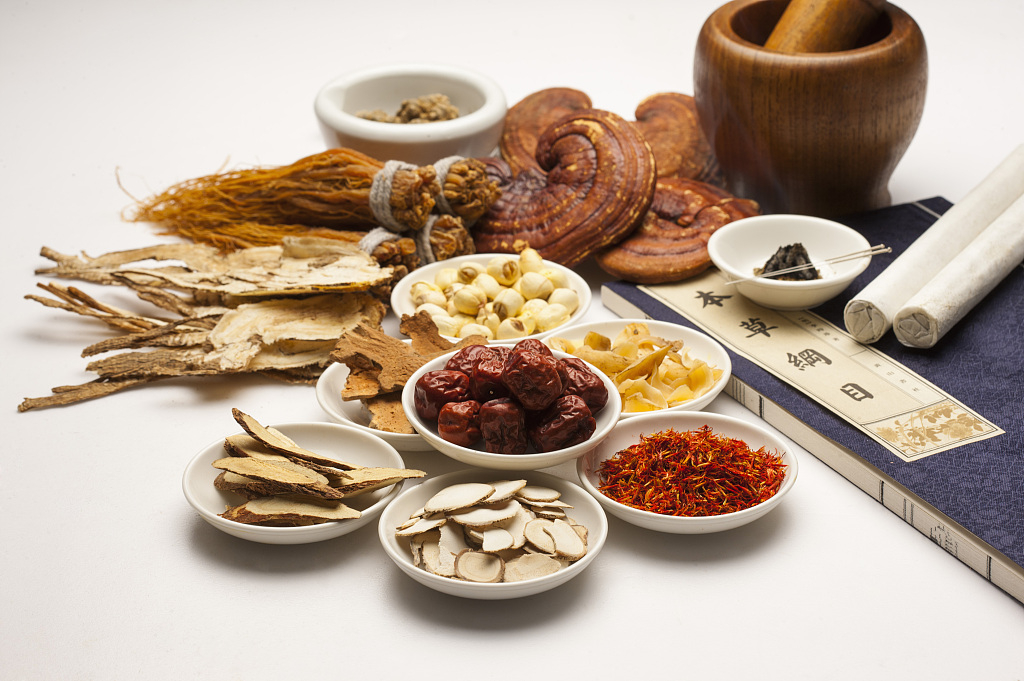
The novel coronavirus outbreak that started in Wuhan in December 2019 has now grown into a global pandemic. Everywhere, the news is dominated by the term COVID-19.
In China, it was only a short time ago that people were wondering when the virus would ever be contained. Yet now, life is quickly getting back to normal. Even in Wuhan, the number of new daily cases has hit zero. Across China, hospitals are rapidly emptying of coronavirus patients.
But still, extreme caution is being maintained. Restrictions remain in place, with arrivals from overseas being quarantined and large gatherings banned. These, it is hoped, will eradicate new transmissions once and for all. As for those people who have recovered from the infection, they are being urged to take traditional Chinese medicine (TCM) in order to strengthen their immune system. But why, if they're now healthy, is this recommendation necessary?
A feature of TCM theory is a focus on the relationship between medicine and food. That's to say that one's diet, if carefully managed, can have medicinal benefits. For example, dried jujube fruit (suan zao ren) can be highly effective in treating insomnia.
Many other food delicacies, such as the Chinese yam and Chinese wolfberry, are also widely used as medicine.
Part of the secret to their popularity is that, being foodstuffs, they are safe and have no serious side effects. But of course, there are exceptions. Some ingredients in TCM have to be administered with great caution – common monkshood daughter root, for example. Otherwise known as aconite herb, it's used to relieve pain. But it's also one of the few TCMs that is highly toxic.

In China, recent years have seen a growing interest in TCM. While some people train to become qualified practitioners, the interest of millions of others has been aroused by a desire to lead a healthier life.
A key principle of TCM is that the best cure is one administered before an illness occurs. This is explained in the earliest known handbook for TCM practitioners – the Inner Canon of the Yellow Emperor (Huangdi Neijing), dating from 2,000 years ago. It contains the following description:
"The supreme healer cures the illness that is still obscure;
The good healer cures the illness that is about to break out;
The least able healer attempts to cure the illness that is fully manifested."
So, who might this "supreme healer" be? The answer, according to the Inner Canon of the Yellow Emperor, is quite simple, it's all of us.
The text describes the habits of those who enjoyed a long life, thus: "took a balanced diet at regular time, arose and retired at regular hours, avoided overstressing the bodies and minds, and refrained from all kinds of overindulgence.”
With the novel coronavirus becoming a global pandemic, perhaps this ancient work still has something for us to learn about building up our own internal "vaccine" by pursuing a healthy lifestyle.